How Property Management Helps Keep Condominiums Pest-Free
Last updated on January 11th, 2025 at 12:24 pm
Living in a condominium offers convenience and community, but shared spaces can also invite unwanted guests—pests. Integrated pest management is a comprehensive approach that combines various strategies to effectively control pest populations. Keeping these nuisances at bay requires a collaborative effort, and property management plays a critical role in ensuring a pest-free environment for all residents.
Understanding Pest Infestations
Pest infestations can be a significant concern for property owners and managers, as they can lead to property damage, health issues, and decreased tenant satisfaction. These infestations often stem from various factors, including poor waste management, lack of pest prevention measures, and inadequate pest control services. Effective pest control measures are essential to prevent pest infestations and maintain a pest-free environment in properties.
Property managers and owners should be vigilant in recognizing the signs of pest infestations, such as droppings, gnaw marks, and unusual noises. Early detection and prompt action are crucial in mitigating the impact of pests. By staying informed and proactive, property managers can ensure a healthier and more comfortable living environment for all residents.
Why Are Pests a Challenge in Condominiums?
Condominiums are interconnected by design. Shared walls, plumbing, and ventilation systems create easy pathways for pests like cockroaches, ants, and even rodents to move from one unit to another. A single pest infestation can quickly spread, making coordinated pest control efforts essential. Many aspects of condominium living, such as food storage and trash disposal, can attract pests, which is why effective pest control strategies are crucial. Also, pests are likely to find their way into a condo unit through small openings that might go unnoticed if not regularly checked. Therefore, having a comprehensive pest control plan is vital to prevent and manage infestations effectively.
Common Entry Points for Pests
Pests can infiltrate properties through numerous entry points, including cracks and crevices, open doors and windows, and unsealed pipes and vents. Regular inspections by property managers and owners are vital to identify and seal these potential entry points, thereby preventing pest infestations.
Maintaining a clean and tidy property, storing food in sealed containers, and removing standing water are practical steps that can significantly reduce the risk of pest infestations. Additionally, professional pest control services can assist in identifying and sealing entry points, as well as providing expert guidance on effective pest preventive measures. By addressing these vulnerabilities, property managers can create a more secure and pest-free environment for residents.
Factors Contributing to Pest Infestations
Several factors contribute to pest infestations, with poor waste management being a primary culprit. Improper disposal of garbage can attract pests such as rodents, cockroaches, and flies. Additionally, the lack of pest preventive measures, such as regular inspections and sealing entry points, can exacerbate the problem.
Inadequate pest control services can further worsen infestations, leading to more significant damage and health issues. Property managers and owners should collaborate with professional pest control services to develop a comprehensive pest control plan. This plan should include regular inspections, effective pest prevention measures, and emergency protocols to address infestations promptly. By taking a proactive and systematic approach, property managers can safeguard their properties and ensure a healthier living environment for all residents.
Key Roles of Property Management Companies in Pest Control
Conducting Regular Building Inspections
Property managers are responsible for regular inspections of shared spaces, basements, and exterior areas to identify potential pest problems early. This proactive approach can prevent small issues from becoming widespread pest infestations. Inspecting for means of access in well-maintained areas, such as cracks in walls or windows, is key to identifying where pests might enter.
Promoting Preventive Strategies
Preventing pests is often easier than eliminating them. Property managers can implement pest preventive measures and various pest control methods like sealing cracks, maintaining clean garbage disposal areas, and ensuring proper drainage to reduce pest entry points. These measures help to avoid creating conditions that attract pests. Sealing small openings around pipes, vents, and windows can also keep pests from finding new access.
Hiring Professional Pest Control Services
Professional pest control providers bring expertise and tools to manage infestations effectively through comprehensive pest control treatment. Property managers can coordinate regular treatments and customize solutions based on the building’s layout and common entry points that pests are likely to use. Regular monitoring and pest control help prevent recurring issues, especially when addressing entry points around the building.
Educating Residents
Residents play a critical role in pest prevention. The management can share guidelines on proper waste disposal, food storage, and pest reporting. This empowers everyone to contribute to maintaining a pest-free space. By educating residents on how poor habits, like improper waste management and leaving out food sources, can attract pests, property management can prevent many future pest problems. Property management should also encourage residents to regularly check their condo units for signs of pests and ensure they don’t leave food scraps in open areas. Additionally, providing pest control tips for residents can further enhance their ability to keep pests at bay.
Addressing Pest Infestations Quickly
Quick action is essential when pests are detected, and utilizing pest control services can make a significant difference. Property management should have a clear plan to address pest problems, from notifying affected residents to organizing professional extermination services. Early intervention prevents small infestations from becoming larger, costlier issues. Regularly checking entry points and small openings can help identify infestations before they spread.
Collaborative Pest Control: Why It Matters
Protecting Health: Pests can carry diseases, contaminate food, and trigger allergies. Effective pest control keeps the community healthy. A comprehensive pest control program is essential for maintaining these health standards.
Enhancing Comfort: A pest-free environment makes condo living more enjoyable for residents.
Safeguarding Property Value: Regular pest control preserves the structural integrity and appeal of the property. Ensuring that entry points are sealed helps protect the property’s value over time.
Tips for Residents
While property management leads pest control efforts, residents also play a vital role by implementing effective pest control measures. Simple steps like regular cleaning of units, storing food securely, and reporting pest sightings promptly can make a significant difference in reducing the chances of infestations. By maintaining cleanliness and practicing good habits, such as checking entry points for cracks and seals, residents can avoid conditions that attract pests and contribute to a healthier, pest-free environment.
Building a Pest-Free Community
For condominium property management teams, partnering with trusted pest control experts ensures sustainable results. By combining preventive measures, resident education, and expert pest control solutions, condominiums can maintain a safe and pest-free surroundings for everyone. A well maintained property with sealed entry points and regular inspections is the best way to keep pests at bay.
If your property management team needs reliable pest control services, consider Environet Pest Control for effective, eco-friendly solutions tailored to your needs.
